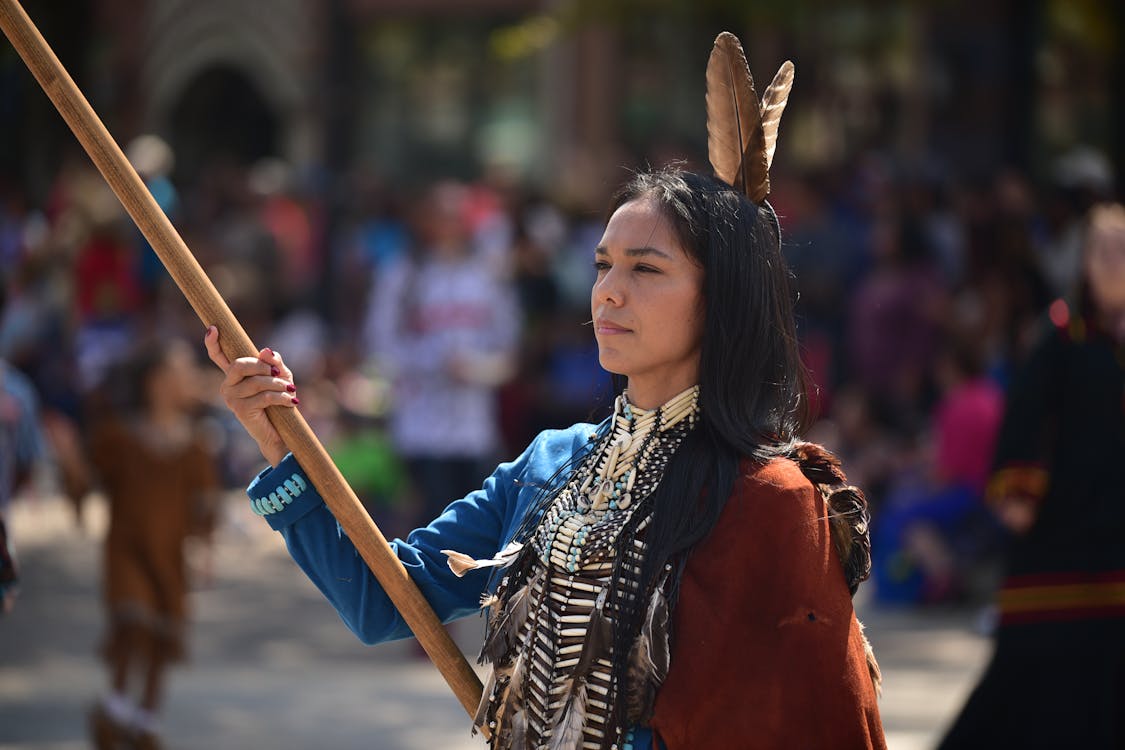The Aztec civilization, renowned for its advanced tradition, intricate architecture, and memorable achievements in varied fields, is a subject of fascination and inquiry for many. However, when it comes to categorizing the Aztecs inside the broader context of Native American heritage, there could be some ambiguity. In order to deal with this question, it is crucial to delve into the historical, geographical, and cultural dimensions that define each the Aztec civilization and the Native American identity. This exploration will shed light on the complicated interaction between these distinct cultural teams, finally providing a clearer understanding of the Aztecs' place within the tapestry of Native American history.
are the aztecs native american
The Aztecs, a exceptional Native American civilization, emerged as a dominant drive in northern Mexico throughout a pivotal interval in history – the early sixteenth century. Their origins hint back to a nomadic life-style, characterized by a wandering existence that finally led them to decide on a set of small islands located in Lake Texcoco. It was on these islands that, within the yr 1325, they established the illustrious city of Tenochtitlan, which might later evolve into present-day Mexico City.
The foundation of Tenochtitlan marked an important turning level in Aztec historical past. This strategically chosen location offered the Aztecs with a natural protection against potential invaders and provided access to the plentiful assets of the encircling region. It was a testomony to the Aztecs' ingenuity in harnessing the geographical features of their surroundings to determine a thriving city heart.
Tenochtitlan quickly grew right into a bustling metropolis, characterized by its intricate network of canals, causeways, and floating gardens often known as chinampas. These innovations showcased the Aztecs' superior engineering abilities and their capacity to adapt to their surroundings. The metropolis's spectacular structure, which included grand temples, palaces, and marketplaces, reflected the sophistication of Aztec society.

At its peak, Tenochtitlan was a cultural, political, and economic powerhouse. Its influence extended over an unlimited territory, encompassing a diverse array of peoples and cultures. The Aztecs' dominance was maintained by way of a mixture of military conquest, strategic alliances, and a posh tribute system that ensured a steady circulate of sources into the guts of their empire.
It is essential to acknowledge that the Aztecs were simply one of many vibrant Native American civilizations that thrived throughout the Americas. Each possessed its personal distinct cultural traditions, languages, and historical narratives. However, the Aztecs' legacy endures as a testament to the outstanding achievements and sophisticated societal constructions that defined Native American civilizations throughout this period.

As we explore the rich history of the Aztecs, it turns into evident that they were indeed a Native American people, integral to the varied tapestry of cultures that inhabited the Americas lengthy earlier than the arrival of European colonizers. Their contributions and accomplishments proceed to be a source of fascination and inspiration, serving as a reminder of the depth and complexity of Native American historical past.
Are the Aztecs and Native Americans related?
Yes, the Aztecs are thought-about to be a part of the broader category of Native Americans. The time period "Native American" encompasses a wide range of indigenous peoples who inhabited the Americas prior to the arrival of Europeans. The Aztecs, particularly, have been a distinguished Native American civilization that thrived in what's now modern-day Mexico. 49 native clothing , linguistic, and historical ties hyperlink them to the larger tapestry of Native American cultures that populated the continent.
Were the Aztecs Latin American?
While the Aztecs are sometimes related to Latin America because of their historical presence in what's now Mexico, the time period "Latin America" is usually used to refer to areas of the Americas that were influenced by Spanish, Portuguese, and French colonization. The Aztecs, nonetheless, predated European colonization and did not fall inside the specific historical and cultural context of Latin American colonization. Instead, they were an indigenous Mesoamerican civilization with their very own distinct cultural traditions and societal structures.
Are Aztecs indigenous Mexicans?
Yes, the Aztecs are considered indigenous Mexicans. They were one of the many indigenous peoples that inhabited the territory that's now Mexico. The time period "indigenous" refers again to the unique inhabitants of a specific area or territory, and the Aztecs were among the quite a few indigenous teams with diverse cultures and languages in pre-Columbian Mexico.
Are Mayans Native American?
Yes, the Maya civilization can also be thought of Native American. The Maya had been one other vital indigenous civilization that inhabited elements of present-day Mexico, Guatemala, Belize, Honduras, and El Salvador. They, together with the Aztecs and other indigenous teams, are collectively categorized as Native American because of their shared standing as authentic inhabitants of the Americas. The Maya are famend for their impressive achievements in artwork, architecture, mathematics, astronomy, and other fields, contributing significantly to the rich tapestry of Native American cultures.

